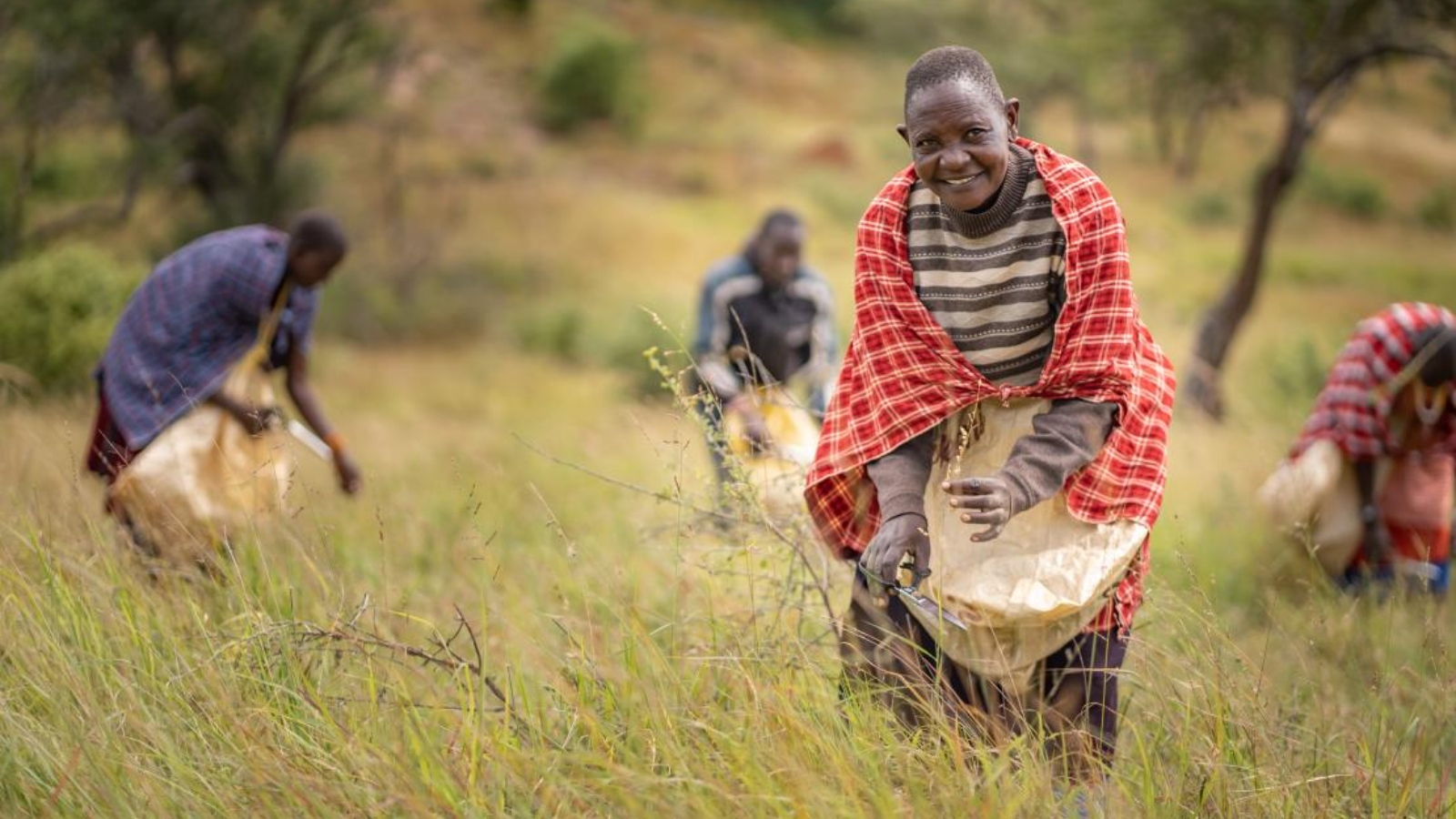
Our relationship with our natural world is broken. This is why it is important that more and more people get involved in action to protect and restore nature and biodiversity.
Everyone deserves to have a voice and this is easier when we have a common understanding of the key terms used to discuss what’s happening. That is why UNDP have produced a climate dictionary guide to the most frequently used and important terms and concepts, keeping the facts but leaving out the jargon.
A few of the terms featured in the guide are highlighted below. To access the full guide, click here.
Ecocide
Ecocide is the devastation or destruction of nature to the detriment of life, the ‘unlawful or wanton acts committed with knowledge that there is a substantial likelihood of causing severe and either widespread or long-term damage to the environment’.
Several countries have passed national ecocide laws to deter actions that cause serious environmental destruction, establishing personal criminal liability for such acts. This could mean that individuals, including corporate leaders and heads of state, could be prosecuted and face imprisonment for causing major environmental harm.
Ecocide undermines countries and societies that depend on the services provided by healthy ecosystems, such as clean air and water, pollination and food, for their survival. For Indigenous Peoples and local communities, the destruction of nature caused by resource extraction and climate change can also threaten to eradicate their cultures and ways of life. Ecocide also severely compromises Earth’s ability to support future generations and their chances of enjoying basic universal human rights.
Indigenous Knowledge
Indigenous Peoples’ ways of life are inherently low-carbon and emphasize balance between humans and the natural world. Their traditional practices have low impact on the environment and are responsive to it, fostering self-sustaining ecosystems.
Indigenous Peoples were among the first to notice climate change and their knowledge and practices help navigate and adapt to its impacts. Indigenous knowledge, which is intergenerational and community-based, is a great source of meaningful climate solutions that can advance mitigation, enhance adaptation and build resilience. It can also complement scientific data with precise landscape information that is critical to evaluating climate change scenarios.
Indigenous Peoples and the lands they manage are essential to protecting the world’s biodiversity. Yet they continue to be largely excluded from almost all global decision-making processes on tackling climate change and the nature crisis. Their collective knowledge and valuable insights, their rights to their ancestral lands, territories and resources, and their way of life must be recognized and included across environmental policies and actions.
Nature-based solutions
Nature-based solutions are actions to protect, conserve, restore, and sustainably use and manage ecosystems to support climate change adaptation and mitigation efforts, preserve biodiversity, and enable sustainable livelihoods. They are actions that prioritize the importance of ecosystems and biodiversity and are designed and implemented with the full engagement and consent of local communities and Indigenous Peoples, who hold generational knowledge on protecting nature.
Nature-based solutions are used in many ways, across terrestrial, freshwater, coastal, and marine ecosystems. Restoring wetlands protects communities from floods, while conserving mangrove forests supports food sources and minimizes the impact of storms. Forests absorb carbon dioxide, allow biodiversity to thrive, increase water security, and combat landslides, while urban parks and gardens help cool down cities and limit the impact of heatwaves. Regenerative agriculture practices increase the amount of carbon captured by the soil and restore its health and productivity.
Nature-based solutions are seen as a win-win for people and nature, addressing multiple problems at once. They can create jobs, provide new and more resilient livelihood opportunities, and increase income while also protecting the planet and addressing climate change.
Access and benefit sharing
Access and benefit sharing means the fair and equitable sharing of the benefits that come from the use of genetic resources.
Many valuable genetic resources from plants, animals and microbes are found in developing countries with rich biodiversity. They have often been safeguarded by Indigenous Peoples and local communities for generations, together with traditional knowledge about their use and value. These resources can have many different purposes, including medical research, agricultural innovations, and commercial products such as cosmetics and beverages, representing significant benefits. The benefits resulting from their use can be financial, educational and cultural and should be shared fairly with the people or countries that provided them.
Without agreements to guide access and benefit sharing, these countries, Indigenous Peoples and local communities might not receive any benefits from the commercial use of their natural resources. In addition to protecting and promoting fairness, access and benefit sharing agreements also encourage the conservation and sustainable use of biodiversity.
Source: UNDP
 Welcome to the United Nations
Welcome to the United Nations